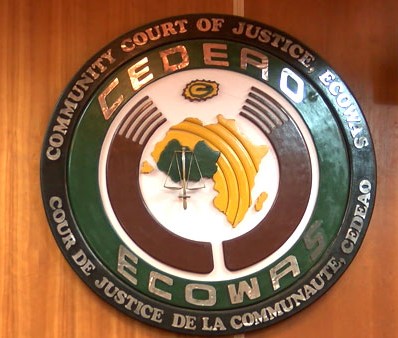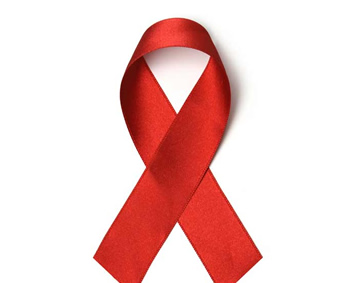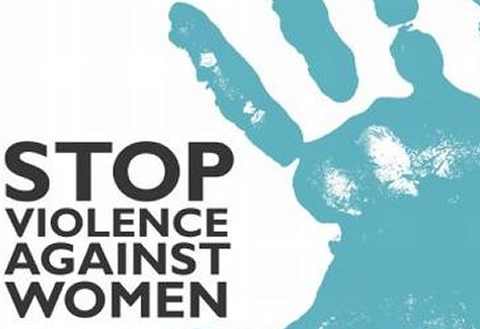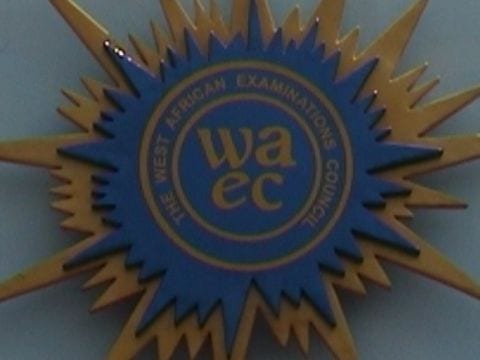
The Ministry of Foreign Affairs and Regional Integration yesterday launched an advocacy and sensitisation campaign to promote free movement and migration in the Economic Community of West Africa States (ECOWAS) region.
The initiative, which is being undertaken in collaboration with the ECOWAS Commission and the International Organisation for Migration (IOM) also aims at identifying the benefits and opportunities of the ECOWAS integration agenda.
In a speech read on her behalf, the Minister of Foreign Affairs and Regional Integration, Ms Shirley Ayorkor Botchwey, said colonial demarcation of borders had contributed tremendously to hindering free movement of people in the Economic Community for West Africa (ECOWAS) region.
She explained that enforced rules and regulations by national institutions had also resulted to unprecedented changes and distortions which had further restricted free movement of people and economic activities.
These developments, she said, had contributed to the prevalence of poverty and underdevelopment in the region.
The minister bemoaned that despite these protocols, the ECOWAS region continued to face challenges which delayed the actualisation of free movement.
Ms Botchwey cited the lack of knowledge of the rights and responsibilities enshrined in the ECOWAS Free Movement Protocol, irregular migration, transnational crimes such as human trafficking, vulnerability of ECOWAS community citizens, lacks of valid travel documents and the vulnerability of cross-border traders and marketers as some hindrances to the realisation of free movement in the sub-region.
"After over six decades of independence of ECOWAS member states, this should not be our story.
We ought to chart a path towards real regional integration which should lead to the development, prosperity and wellbeing of our people," she added.
According to the minister, Ghana had worked hard to ensure the implementation of the protocol on free movement by the introduction of the National Identification Cards, which would make it easier for persons with goods to move freely throughout the country, with the removal of several security check points on the country's highways.
She was of the conviction that the country remained committed to making sure that its security was not compromised.
Ms Botchwey assured the public of the government's commitment to working closely with the ECOWAS Commission in ensuring the implementation of the protocol of free movement for the benefit of all ECOWAS member states.
Madam Sylvia Lopez-Ekra, a representative of IOM on her part said with about 90 per cent of community citizens migrating throughout the ECOWAS region, free movement and mobility and the challenges associated with it had been placed at the forefront of ECOWAS Commission's integration agenda to deepen, secure and protect free mobility and migration in the region.
She stated that throughout West Africa, young men risked their lives in the desert and in the Mediterranean Sea to reach Europe in search for greener pastures while some young women entrust their future to unscrupulous agents who lured them abroad with promises of well-paid domestic work.
Despite the adoption of ECOWAS protocols of Free Movement of Persons and Right of Residence Establishment of the 1979 ECOWAS Community Citizens, she said, migrants and traders continued to experience tremendous hardship while trying to cross ECOWAS member state borders.
"This is why awareness raising and advocacy such as this campaign is necessary in getting the message out there," she added.
Read Full Story























Facebook
Twitter
Pinterest
Instagram
Google+
YouTube
LinkedIn
RSS